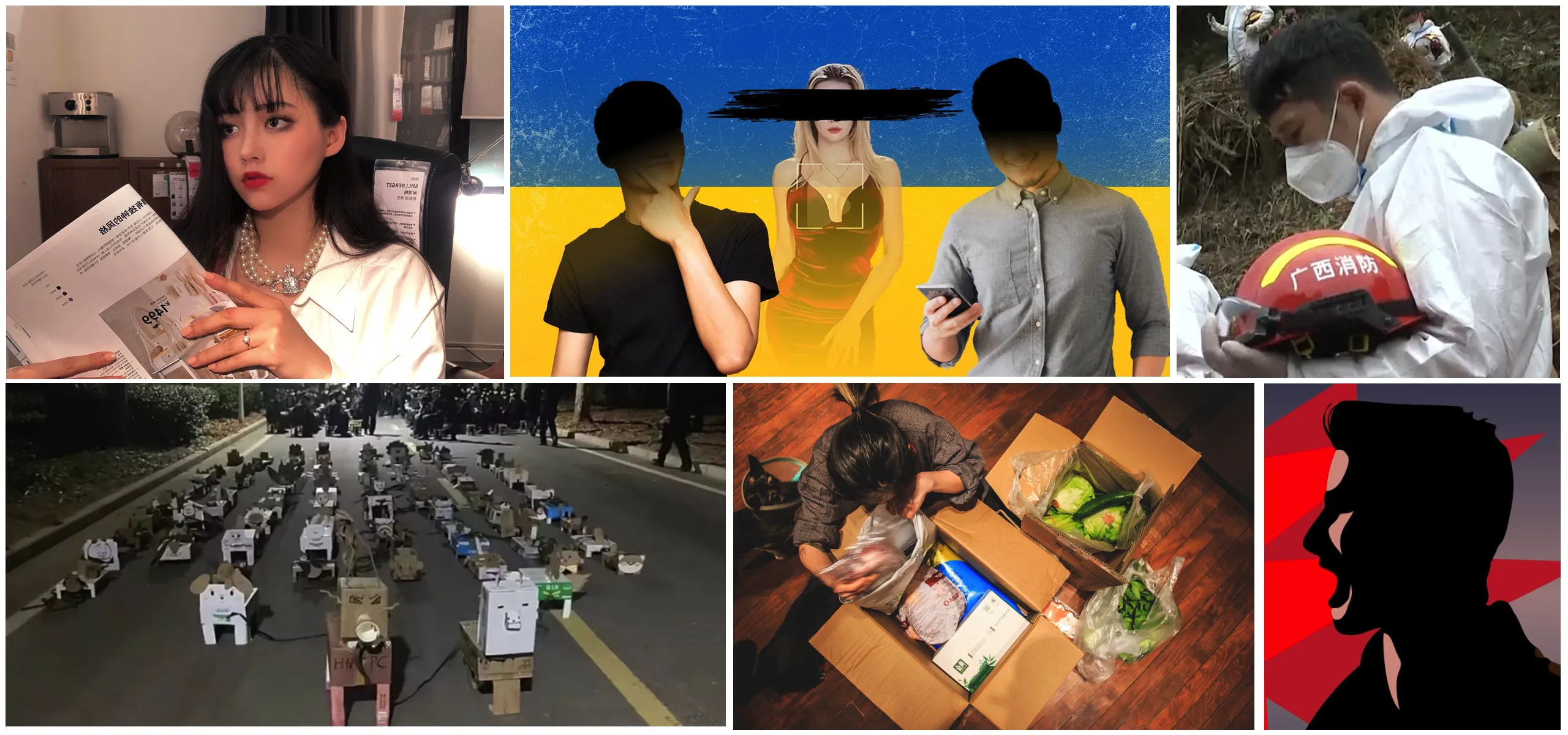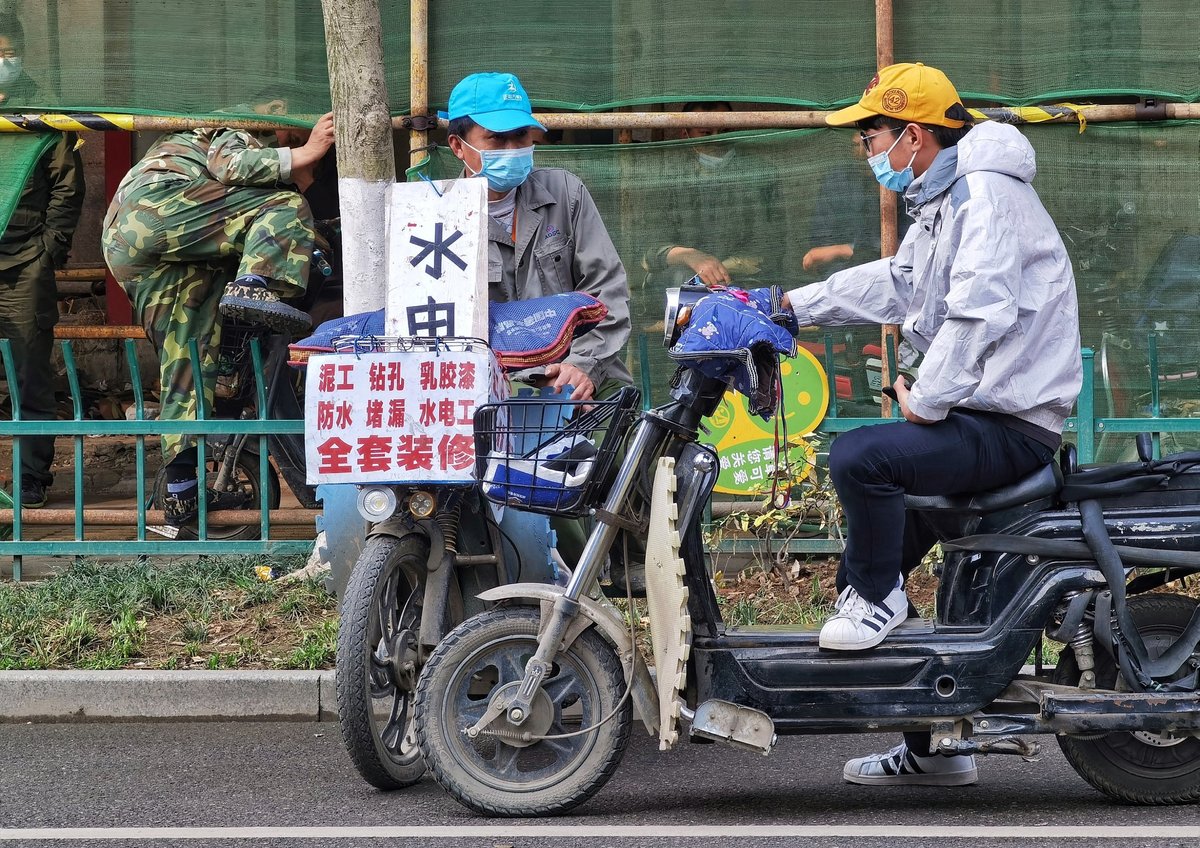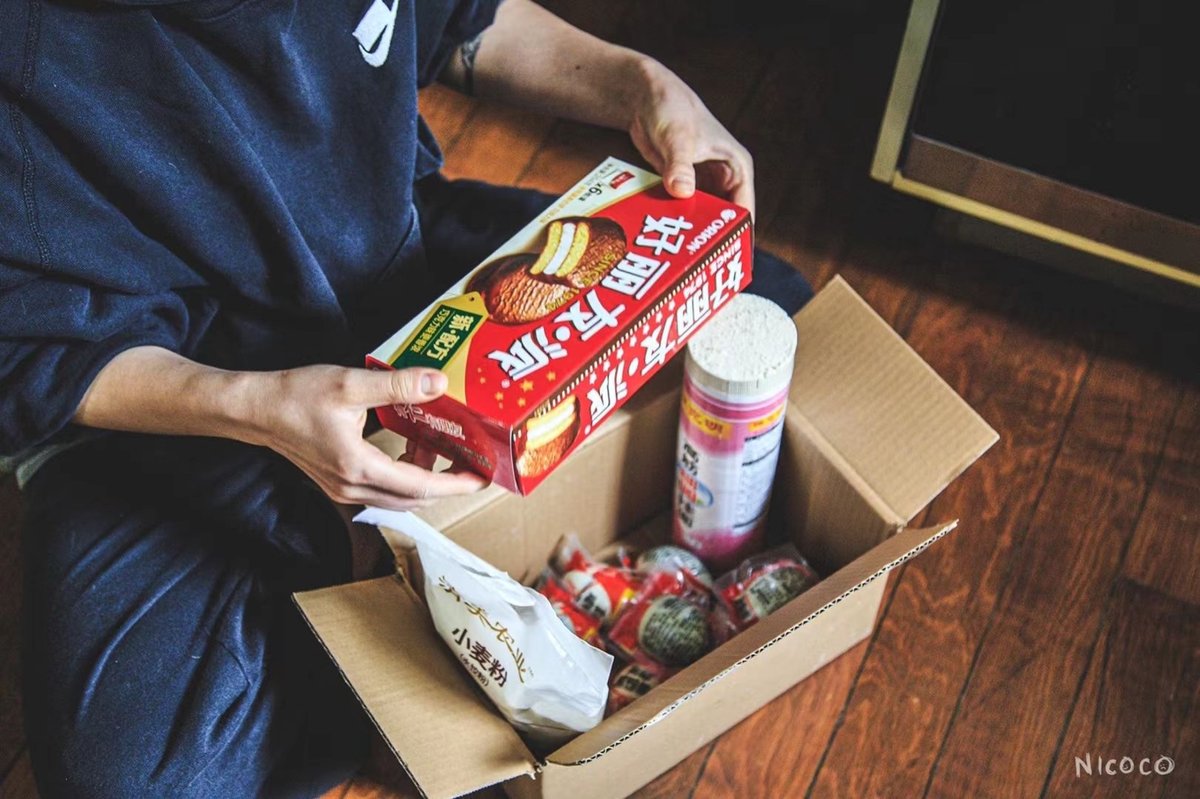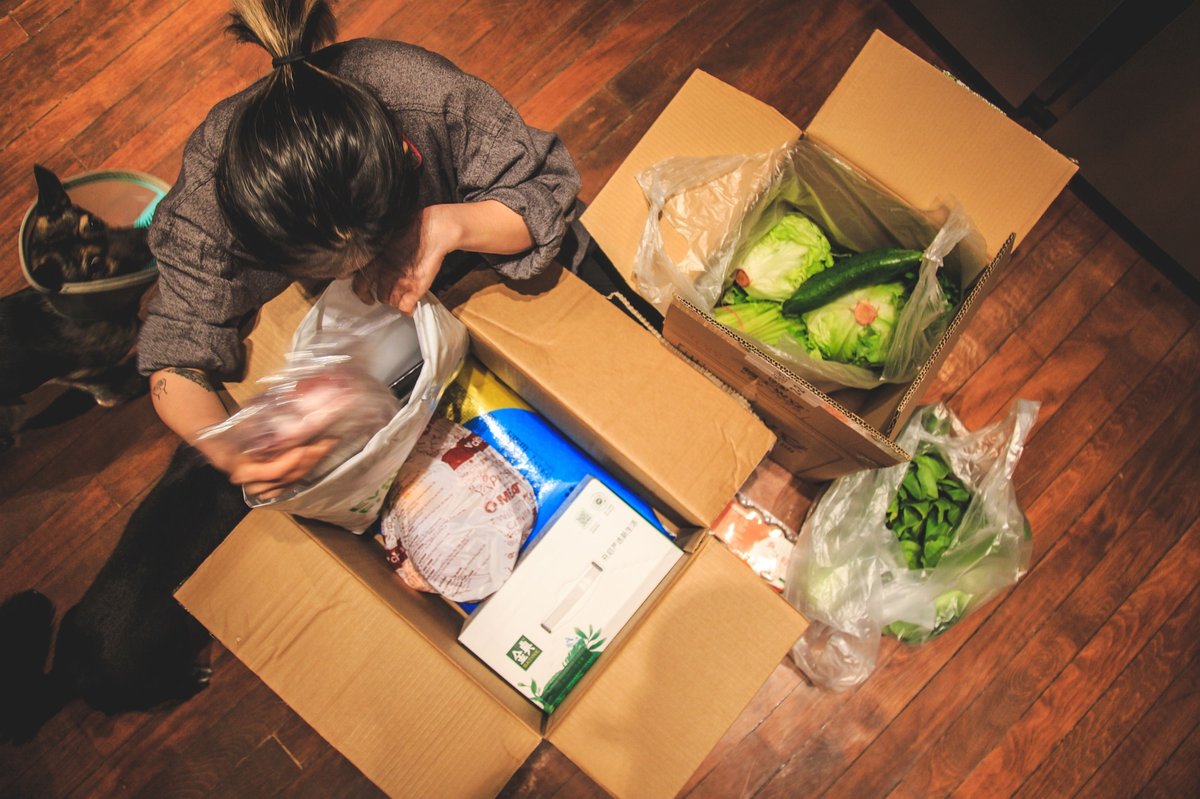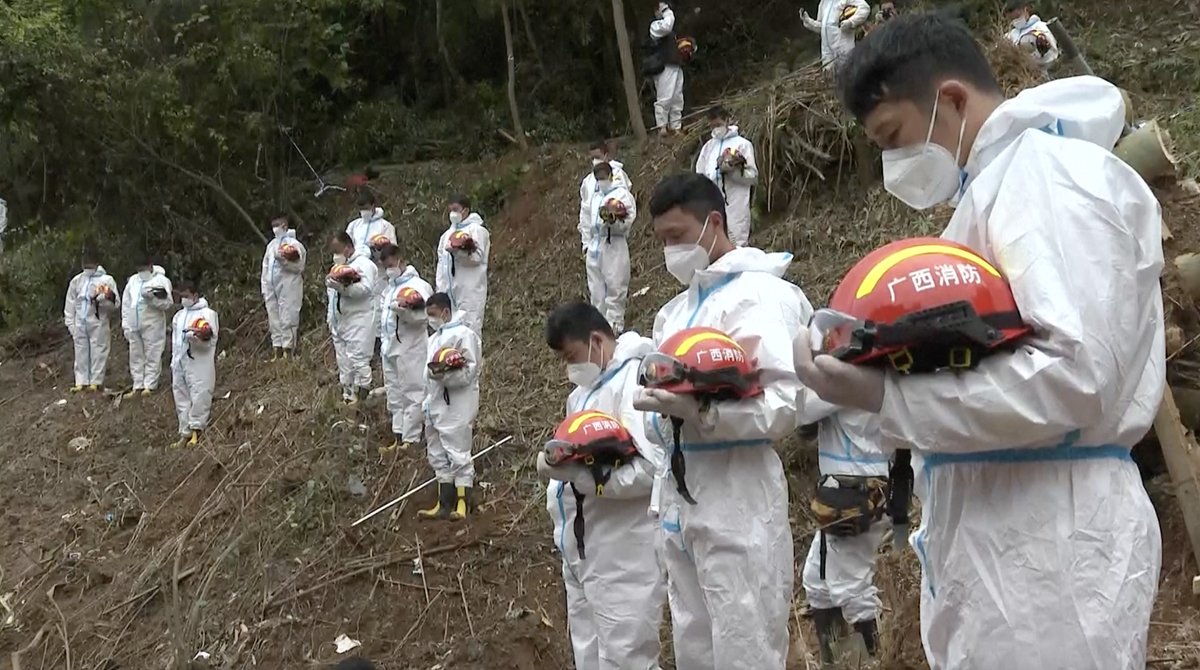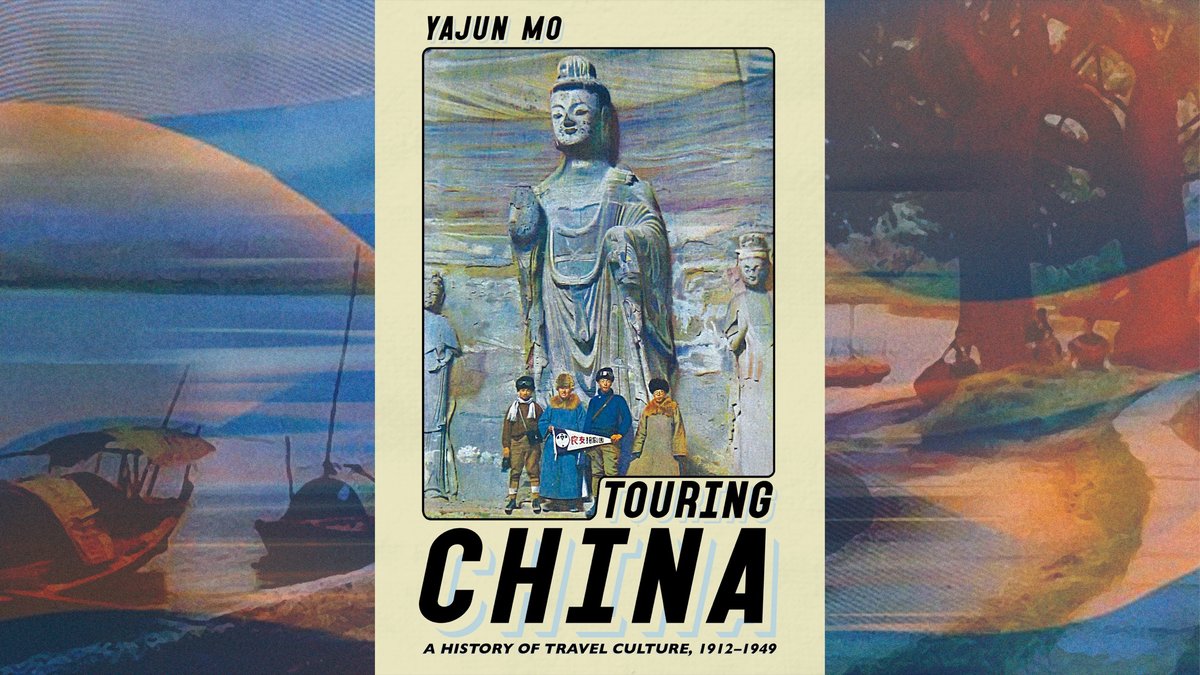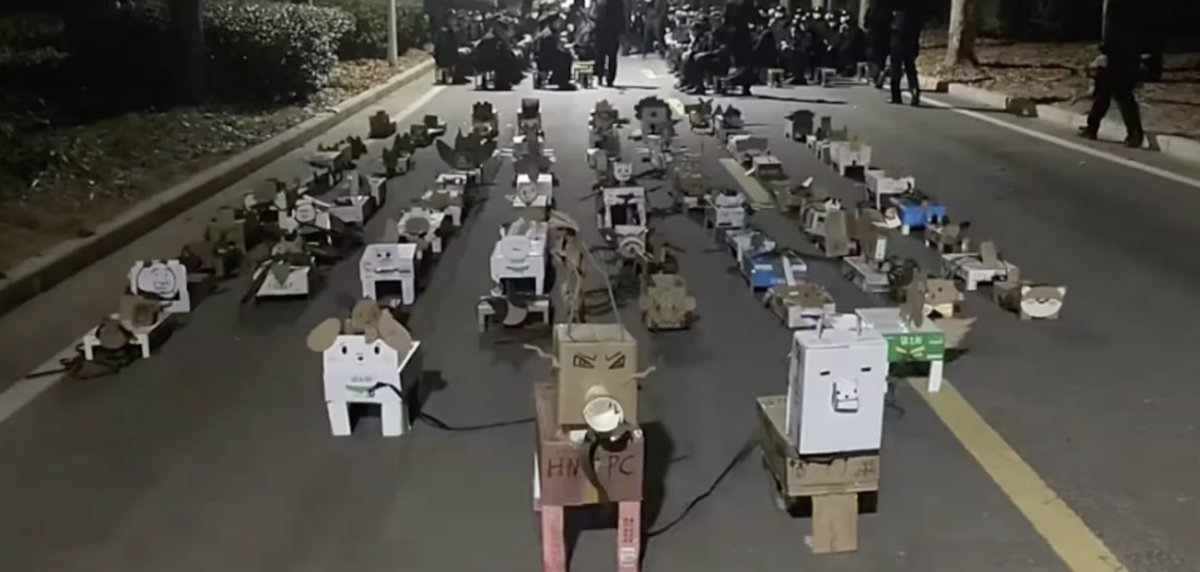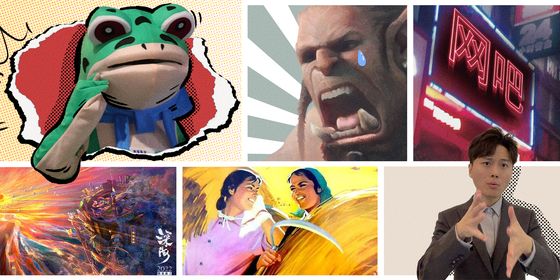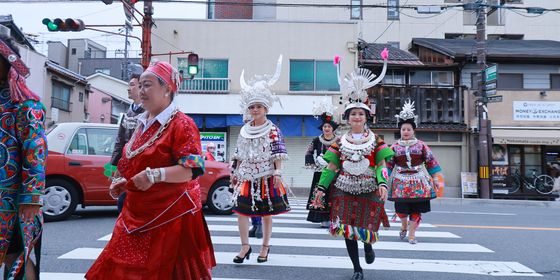Covid, current events, and cursing: What stories caught the attention of our readers in an eventful 2022?
2022 was a momentous year, and not just for China. Whether it’s the disruptive effect of Covid-19 on all walks of society, from textile workers to truck drivers to cinemas, or the Chinese public’s response to global conflicts and various women’s issues that gripped the headlines, TWOC has been right in the middle of the conversation with well-researched, human-centered stories on how these events and trends affected people’s lives on the ground.
In 2022, we published a total of 379 stories varying in length, tone, and topic. Here are the top 12 stories that garnered the most attention from our readers this year, aggregated from platforms including our website, official WeChat account, and various social media accounts. Have an amazing 2023, and we look forward to bringing you even better content next year.
Voices from a Locked Down Metropolis
How are Shanghai’s Migrant Workers Surviving Lockdown?
In late March, Shanghai began shutting down parts of the city as Covid-19 infection rates surged, with lockdowns expanding across the whole city by April and lasting until June. With Shanghai being China’s biggest city by population, it was also the biggest citywide lockdown the country has ever seen, and probably the most reported-on after Wuhan in 2020.
Headlines began flying around the country of middle-class residents stockpiling food and following viral exercise videos at home, but when this article was written, on Shanghai’s 15th consecutive day of citywide lockdown, there was almost no information about how the pandemic measures affected the city’s 5 million migrants workers, who usually survived paycheck-to-paycheck in crowded dormitories and ”urban villages” ill-equipped for social distancing or receiving food supplies. TWOC spoke to four migrants, from four different city districts and different walks of life, about how they survived, why they originally came to Shanghai, and how the experience changed their relationship with the city.
The Coke Standard: Inside Shanghai’s Lockdown Barter Economy
People isolating in apartment compounds didn’t have it easy either: As road closures crippled supply chains and left people unable to buy certain necessities, it was rumored that Shanghai residents coped by bartering for goods with neighbors, and that Coca-Cola was the “reserve currency” one could trade for almost anything. We investigated whether there was any truth to the Coke claim, and talked to a few urbanites and neighborhood “group-buy” organizers about the reality of life in this surreal period of Shanghai’s history.
Memes and Slang From the Shanghai Lockdown
“Hard currency,” vegetable-hoarding, and the ”Covid calendar”: the pandemic also had (and continues to have) a huge influence on people’s vocabulary. Check out the creative slang and memes that residents of the ”City of Magic” came up with to stay positive in spirit while hoping for negative test results.
Keeping Up With Current Events
What’s Ailing China’s Trauma-Response System?
When China Eastern Airlines flight MU5735 crashed in the mountains of Guangxi in March, killing all 132 people on board, the country not only had to deal with a disaster, but also the challenge of providing effective long-term psychological support for the families of the victims. Here, mental health professionals and ordinary sufferers of PTSD discuss how China can improve its trauma-response system.
Below the Belt: Ukraine Crisis Triggers “Crotch Nationalism” in China
One of the oddest stories this year was triggered by the Russian invasion of Ukraine in February, which apparently provoked some netizens to sexualize Ukrainian refugees, in particular Ukrainian women, by suggesting that they come to China and marry Chinese men. Critics of this discourse popularized the term “crotch nationalism,” defined as “a chauvinistic form of patriotism based on the objectification and sexualization of foreign women.” Renowned gender activist Feng Yuan helped us look into the origin of this type of chauvinism in China.
Painting By Numbers: Is the Future of Chinese Art Computer-Based?
NFT was a global buzzword this year; but even when they’re sold at astronomic prices, they are rarely discussed in terms of their visual and artistic qualities. In the final installment of a four-part series on NFTs in China (or “digital collectables,” as the legal version is called), TWOC interviewed Reva, one of China’s foremost crypto-artists, who shared with us her vision of how blockchain technology can expand the limits of contemporary art, bring change to the artistic establishment, and most importantly, allow the artist to have ”a lot of fun.” (Follow the links to view Parts 1, 2, and 3 of the series.)
Travel, Culture, and Ordinary Lives
How I Lived in Beijing for 21 days for Free
Is it possible to live on a zero-yuan budget in Beijing, one of China’s most expensive cities? For her graduation thesis, art student Zou Yaqi took up the challenge to see if she could live in the country’s capital for 21 days without paying for anything. Zou shared with the Story FM podcast about how she made it happen, and what the experience made her discover about herself.
Testing Grounds: Is Chinese Coffee Ready for the Big Leagues?
Introduced to the region in the early 20th century by French missionaries, coffee has become one of Yunnan’s signature products, with the southwestern province accounting for 98 percent of China’s coffee production. Yet despite partnering with Starbucks domestically, Yunnan coffee is still relatively unknown to the outside world. In this rich and meditative feature, our writer traveled to Yunnan to talk with roasters and planters on why they love the bitter brew and what it will take for it to gain the world’s appreciation.
On the Road in Republican China
With the rise of the urban leisure class and the expansion of railways, the Republican era saw the beginning of mass tourism in China. In Touring China: A History of Travel Culture, 1912-1949 Chinese historian Yajun Mo shares how Chinese people traveled in the early 20th century, how this helped shape national identity after almost a century of colonialism, and how some challenges faced by travelers and the communities they visited eerily echo issues within the tourism industry today.
Chinese Trees and Their Meanings
A surprisingly popular story from this year had to do with...trees. Yes, that’s right: Trees have traditionally had a strong cultural significance in China in realms such as politics and romance. Take a look at what common trees like the pine, and lesser-known arbors like the Chinese parasol tree, have symbolized throughout history.
Staying Sane
Turtle Eggs and Scorpion Hearts: The Colorful World of Chinese Cursing
A mythical squid? Rolling away like an egg? We dug into the history and cultural contexts behind the most common Chinese swear words and insults, some with ancient origins and others newly minted by the internet. We’re not sure what the popularity of this story says about readers’ feelings toward this year...
The Crazy Ways Chinese College Students Stay Sane
The three years of the pandemic have been hard on university students, who were often confined to campus and had to attend online classes without getting to enjoy the social aspects of college (and then graduated into a shrinking job market). The close of 2022 saw the start of various fads that were apparently meant to help students relieve anxiety, such as crafting dogs out of cardboard and crawling around on campus. See if the methods in this story work for you too.





